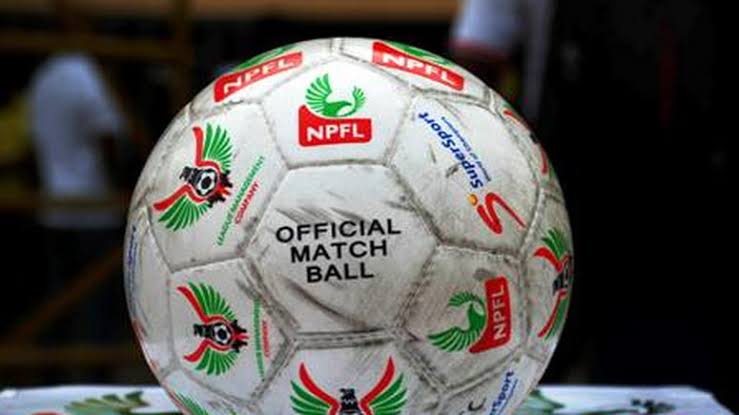MEDICAL experts have raised concerns over the introduction of “random doping” in the Nigeria Professional Football League by the Interim Management Committee, the organisers of the league, this newspaper reports.
The NPFL announced on Wednesday that they had acquired test kits for doping from the United Kingdom, while also giving the clubs and players a two-week notice.
“We are committed to joining the NFF, CAF, FIFA and the global campaign for eradication of illicit substance use in sports and this will commence soon with random tests of our players”, IMC chairman, Gbenga Elegbeleye, told npfl.com.ng.
On Wednesday, the league body also posted an infographic on its X account stating, “NPFL players say no to doping.”
However, some experts have questioned the move by the NPFL, especially as it concerns the modality of carrying out the exercise, which they say is not supposed to be a one-off.
A drug in sports and physical activity expert, Jimi Osinaike, noted that the announcement was vague.
He stated, “Good development. Some key issues that need clarity: are NPFL players well educated on which substances are prohibited? How often will players be tested? Will there be in and out of competition testing? Is the league management financially capable to analyse the samples?”
In a chat with this newspaper, another expert, who spoke on condition of anonymity, said it would take a lot of steps to align the testing with the CAF/FIFA standards as well as training of personnel.
“There are only three laboratories in Africa that are doing doping control testing and none of them are in West Africa. The number one laboratory is Switzerland, so, how do you send samples?,” he queried.
“When you say random, nothing is random in doping control, it is planned. And that is in the number of players you will select, not in the number of tests you will do. You need a minimum of one doctor in each NPFL venue on each day. And generally, FIFA announces two players for each team, making four.
“When you also say train, you don’t train people for doping control overnight, you first get the doctors or nurses and do integrity assessments for them. It takes weeks or months to train them on how to handle samples and you need doping control chaperons. The league has suggested this before without doing anything eventually, and they are now making the same arbitrary statement again.”
Meanwhile, the announcement immediately sparked reactions from followers of the league, who believe the move will indeed keep the perceived use of performance-enhancing drugs by the players in check.
“A lot of Nigerian players might fail the test anyways, a good development in the NPFL,” Keny David wrote on X.
Another follower, Okhueleigbe Aigbokhaebho, suggested that the unchecked act has caused many of the players not to perform when they eventually move abroad.
“A very welcome development if you ask me. It’s difficult for a handful of our lads to get used to this as a routine when they make their way to Europe.”
“I hope many of the Nigerian local professional football players won’t be caught in the loophole of this. Many of them smoke weed and drink different kinds of substances,” Ismail Omobolaji claimed on X.







